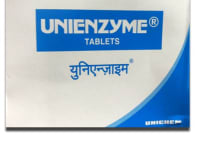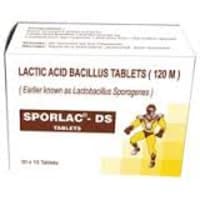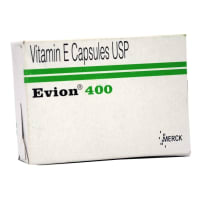
Interaction with alcohol is unknown. Please consult your doctor.

SAFE
Omisafe 1gm Injection is safe to use during pregnancy.Adequate and well-controlled human studies have shown low or no risk.

CAUTION
Omisafe 1gm Injection should be used with caution during lactation. Breast feeding should be held until the treatment of the mother is completed and the drug is eliminated from her body.

Omisafe 1gm Injection may make you feel dizzy, sleepy, tired, or decrease alertness. If this happens, do not drive.

SAFE
Omisafe 1gm Injection is safe to use in patients with kidney disease. No dose adjustment of Omisafe 1gm Injection is recommended.However, inform your doctor if you have any underlying kidney disease.

Omisafe 1gm Injection should be used with caution in patients with severe liver disease. Dose adjustment of Omisafe 1gm Injection may be needed. Please consult your doctor.Dose adjustment of Omisafe 1gm Injection is not recommended in patients with mild to moderate liver disease.
Uses of Omisafe Injection
Omisafe 1gm Injection is used in the treatment of bacterial infectionsIt is used for short-term treatment of bacterial infections of urinary tract, skin and soft-tissue, ear, bone, blood, abdomen, genital and lungs (pneumonia). It is also used to prevent infections after surgery.
How to use Omisafe Injection
Your doctor or nurse will give you this medicine. Kindly do not self administer.
How Omisafe Injection works
Omisafe 1gm Injection is an antibiotic. It works by preventing the formation of the bacterial protective covering which is essential for the survival of bacteria in the human body.
Common Nausea, Diarrhoea, Allergic reaction.
Expert advice for Omisafe Injection
Your doctor has prescribed Omisafe to cure your infection and improve symptoms. Do not skip any doses and finish the full course of treatment even if you feel better. Discontinue Omisafe and inform your doctor immediately if you get a rash, itchy skin, swelling of face and mouth, or have difficulty in breathing. Diarrhea may occur as a side effect but should stop when your course is complete. Inform your doctor if it doesn't stop or if you find blood in your stools. If you're on blood thinners, Omisafe can interact with your medications and increase your bleeding tendencies.
Q. Is it bactericidal or bacteristatic?
It is a cephalosporin antibiotic. It is bactericidal drug
Q. Is ceftriaxone compatible with potassium or potassium chloride?
Yes, ceftriaxone is compatible with potassium or potassium chloride when taken together
Q. What organisms does Omisafe cover?
Omisafe is active against pseudomonas, staphylococcus, and klebsiella bacteria. It has no activity against chlamydia, methicillin-resistant Staphylococcus aureus (mrsa), and mycoplasma.
Q. Is ceftriaxone a form of penicillin drug?
No, ceftriaxone is not a penicillin drug
Q. Is Omisafe safe in liver disease?
Yes, Omisafe is safe in liver disease. Please consult your doctor for your medical condition before taking the drug
Q. Is Omisafe the same as cephalexin, Monocef-o, Monocef 200, Monocef tablet, Cefakind, or Cefakind 250?
No, all are different cephalosporin antibiotics. Monocef-o, Monocef 200, or Monocef tablet contain cefpodoxmine, and Cefakind, or Cefakind 250 contain cefuroxime


 Omisafe 1gm Injection
Omisafe 1gm Injection  Bookmark
Bookmark





















